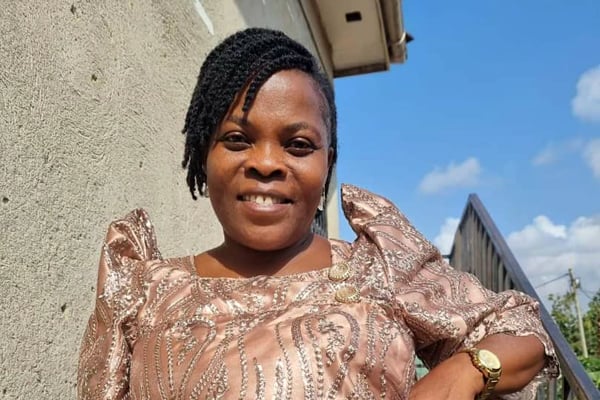What you need to know:
- Already two ministers; Mary Gorreti Kitutu, the minister of Karamoja and Amos Lugolobi, the state minister for finance (planning) have been charged at the Anti-Corruption Court over corruption and for causing government loss after iron sheets meant to be relief materials for the people of Karamoja were diverted and shared among several MPs, ministers and technocrats in government.
The state minister for Karamoja affairs, Ms Agnes Nandutu has been detained at Kira Division Police Station after she handed herself in to the CID headquarters at Kibuli, Kampala for questioning over theft of iron sheets and abuse of office.
Ms Nandutu had previously failed to show up for further questioning, raising prospects that police would hunt down and arrest her.
Police said the Bududa Woman MP turned up at the CID headquarters on Tuesday morning in relation to the ongoing investigations about abuse of office and theft of iron sheets meant for the people of the resistive Karamoja Sub Region.
“The Hon. Minister of State handed herself over to the Police at CID Headquarters Kibuli, where she was assigned detectives to take her statement. She is currently being held at Kira Division Police station. The file has been submitted to the office of the DPP for further guidance and possible sanctioning. We thank Hon. Agnes Nandutu for handing herself over to the Police, upon learning of the allegations under investigation.This action has saved Police time and resources and it is worth emulating when in similar circumstances,” said the deputy police spokesperson, CP Polly Namaye.
Already two ministers; Mary Gorreti Kitutu, the minister of Karamoja and Amos Lugolobi, the state minister for finance (planning) have been charged at the Anti-Corruption Court over corruption and for causing government loss after iron sheets meant to be relief materials for the people of Karamoja were diverted and shared among several MPs, ministers and technocrats in government.
Mr Enanga said on Monday that police had already sent a number of files to the Director of Public Prosecutions (DPP) for sanctioning. By Monitor Reporter, Daily Monitor






